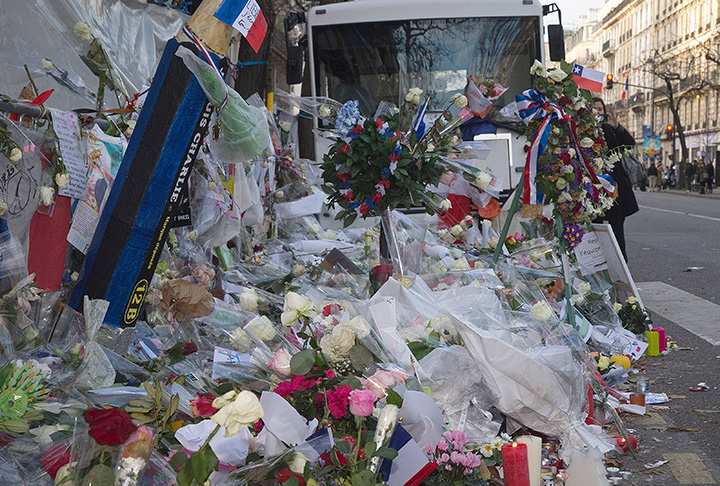French authorities want to ban the use of public Wi-Fi networks and block the secure web network Tor when a state of emergency is declared, in hopes of cracking down on terrorists using the networks for communication, reports say.

According to leaked documents from the French Ministry of Interior, obtained by French newspaper La Monde, new legislation proposing the ban could be presented to French parliament as soon as January 2016.
The proposal comes just weeks after the deadly attacks in Paris that left 130 people dead.
The idea of banning free public Wi-Fi networks during a state of emergency is attractive to authorities because tracking people using public hotspots is more difficult. Paris in particular has nearly 300 public Wi-Fi hotspots throughout the city.
READ MORE: How concerned should you be about world travel after terror attacks?
However, there’s the issue of leaving thousands of people without free Internet access during an emergency.
But blocking Tor – a secure web network that hides the user’s IP address in order to maintain anonymity – could present many issues for the government.
The report alleges the proposal includes a counter-terrorism measure that would “forbid and block” communications on the Tor network in France.
- 2021 heat dome fuelled by climate change, intensified wildfire risk: study
- B.C. introduces legislation recognizing Haida Gwaii Indigenous title
- Whale experts confident B.C. orca calf will survive, find family if rescue plan succeeds
- Chemical plant shuts down after high benzene levels detected near Ontario First Nation
According to Ars Technica, blocking access to Tor would be “technologically quite complex” for the country – but not impossible. China – known for its infamous “great firewall” – is the only country to outright ban Internet users from accessing the secure network.
But an outright ban on Tor would bring up surveillance issues.
“The difficulty there, though, is in the policing of that new law: the country’s ISPs would have to snoop on its users to find out who is using Tor, and then report back to the police,” read the report from Ars Technica.
In the wake of the Paris attacks and other terror-related events around the world, France isn’t the only nation exploring new regulations when it comes to technology.
U.S. officials are again pushing for limits on encryption, after unconfirmed reports that those involved in planning the Paris attacks were using it to safeguard their communications.
For months, the Obama administration – which has steered away from legislative restrictions on encryption – has been in talks with technology companies to brainstorm ways of giving investigators legal access to encrypted information.
READ MORE: Why government and tech can’t agree about encryption
But recent decisions by Apple and Google to encrypt smartphone data by default have upset law enforcement officials, who complain of growing difficulty in getting access to the data they feel they need to build criminal cases and prevent attacks.
While various experts are exploring ways of resolving the impasse, none are making much headway. For now, the status quo favours civil libertarians and the tech industry, although that could change quickly – for instance, should another attack lead to mass U.S. casualties. Such a scenario could stampede Congress into passing hasty and potentially counterproductive restrictions on encryption.
– With files from The Associated Press




Comments